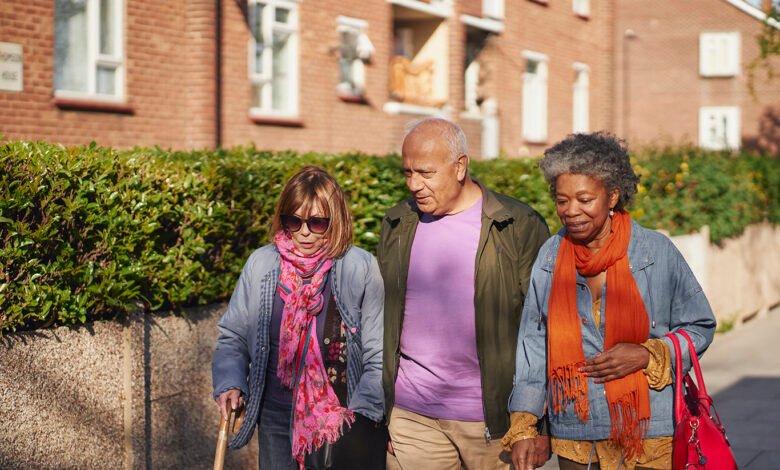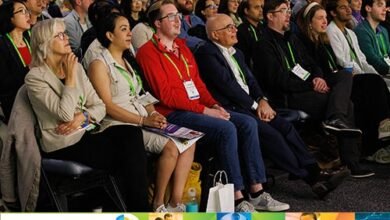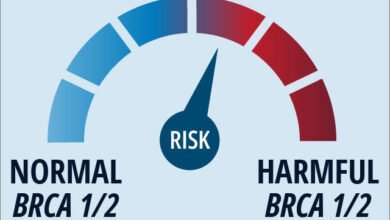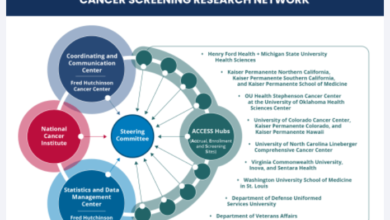Working towards equal cancer care for everyone – Cancer Research UK

Tackling inequalities in healthcare is something that I’ve always been passionate about.
I am, and always have been a proud Yorkshireman – I grew up in Barnsley and most of my family still live there. But my upbringing there made me very much aware of the impact that socioeconomic deprivation can have on the health outcomes within communities.
And now, as Executive Director of Policy, Information and Communications at Cancer Research UK, I’m highly motivated to ensure that as a charity we are doing everything we can to ensure that where you are born, or the colour of your skin, has no impact on your likelihood of getting and dying from cancer.
In 2020, Cancer Research UK produced a report showing that more than 30,000 extra cases of cancer in the UK each year are attributable to socio-economic variation and survival is worse for the most deprived groups.
This is unacceptable, and there is clearly still much work that needs to be done in this area.
And it is one of the many reasons why, in 2021, we launched our first Equality, Diversity and Inclusion (EDI) strategy.
As Iain Foulkes covered in our last article, we have made much progress in increasing diversity in our research workforce and portfolio since then.
And so, in this article I would like to take the time to highlight some of the changes we’ve implemented across the Policy, Information and Communications directorate at Cancer Research UK, and how we hope these changes might impact cancer inequalities in the future.
Helping to build evidence
Of course, we have a number of fantastic researchers funded by Cancer Research UK focused on understanding and addressing the impacts of differences and inequalities on cancer outcomes. For example, we recently announced a new funded study led by Dr Toral Gathani, which aims to shed light on the variation in breast cancer across different ethnic minority groups.
But within our Policy, Information and Communications directorate, we are also directly building the evidence base on health and cancer inequalities.
We have been studying how personal circumstances and distance from the location of specialist services intersect and impact on access to optimal lung cancer care and therefore best outcomes for patients with lung cancer.
Our cancer intelligence team are constantly monitoring trends in cancer incidence and mortality for 40 different cancer sites and groups. This allows us to collect important data that can give further insights on cancer inequalities. For example, we recently published a paper showing differences in cancer incidence by broad ethnic group in England.
Source link
#Working #equal #cancer #care #Cancer #Research



